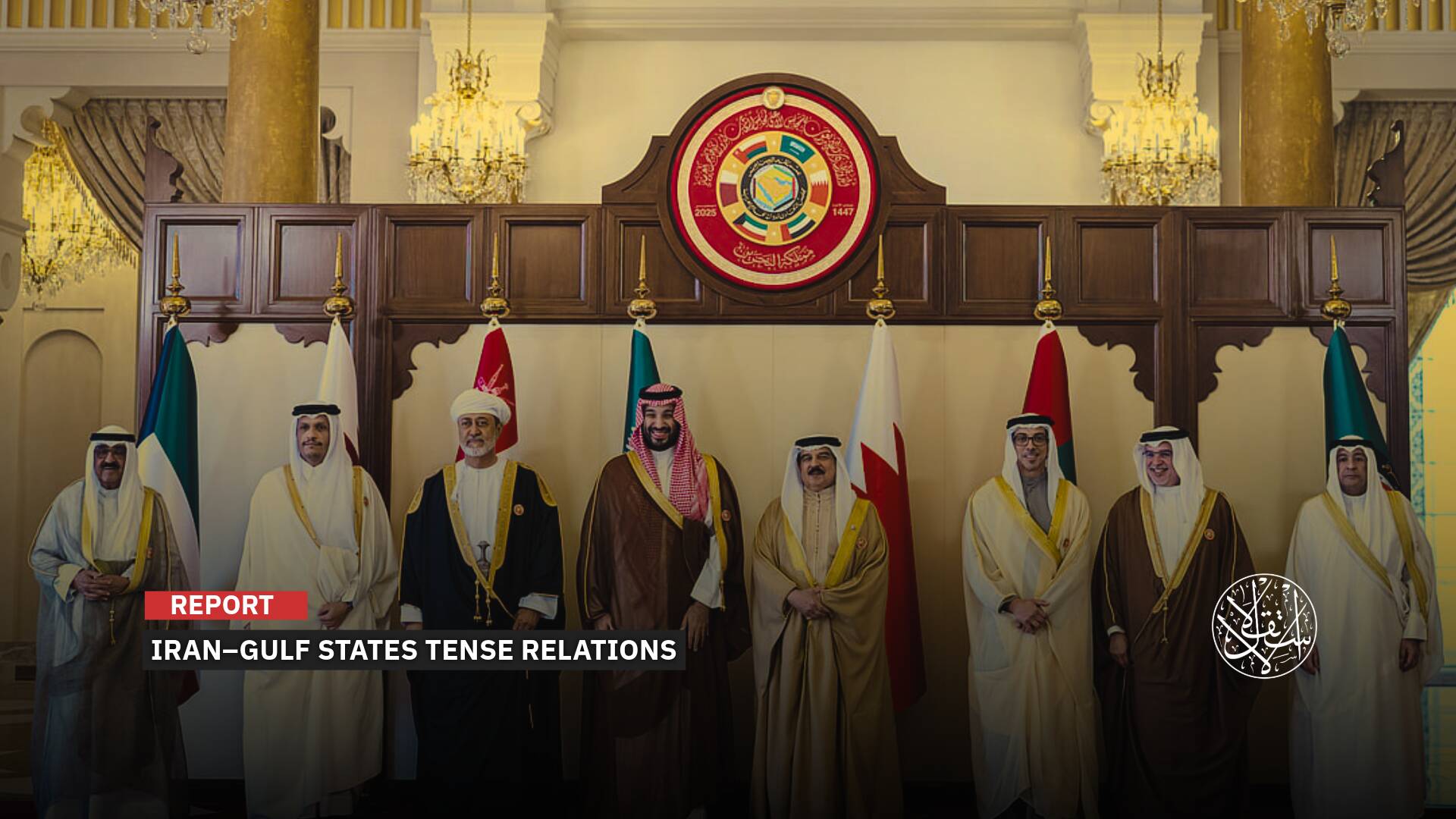How Did the Far-Right Alliance Form the Government in Italy?

Italian President Sergio Mattarella, head of the far-right Fratelli d'Italia (Brothers of Italy) party, and Italy's first prime minister, Georgia Meloni, has been tasked with forming a government.
Despite internal political disagreements and conflicts, right-wing parties united to take over the post of the new Italian government.
Meloni met with the president on Friday alongside her two leading colleagues in the right-wing bloc, League Party leader Matteo Salvini and Forza Italia leader Silvio Berlusconi.
Meloni's new team is likely to struggle to reconcile its election promises about pensions, tax cuts, and economic reality, especially with high expectations of a recession next year.
Giuramento del nuovo Governo. Seguiteci in diretta: https://t.co/2JnqHVFDCv pic.twitter.com/TFy16u7bca
— Giorgia Meloni (@GiorgiaMeloni) October 22, 2022
Right-Wing Coalition
With a decisive 42% victory on September 25, Meloni's right-wing coalition took control of the Italian Senate and Chamber of Deputies.
Since Matteo Salvini and former Prime Minister Silvio Berlusconi were her two primary, occasionally problematic, right-wing supporters, Meloni was unable to secure enough votes to establish an outright majority government.
The three-time premier, Mr. Berlusconi, had been concerned by Meloni's party's electoral success. In an election with a record-low turnout, The Brothers of Italy triumphed with 26%, while Berlusconi's Forza Italia and the anti-immigrant League of Salvini each garnered just over 8% of the vote.
Ms. Meloni, a 45-year-old professional politician, told reporters a few hours prior to the announcement of the creation of the new government that she and her colleagues had unanimously requested that President Sergio Mattarella grant them the authority to form the government.
President Mattarella, for his part, expressed delight that the cabinet was established soon after the September election. After the last election in 2018, it took three months for a new ruling coalition to come together.

Cabinet Dominance
Meloni had vowed during her post-win statement that her party would "govern for everyone" and would not violate the confidence of the populace, despite the fact that her party was generally anticipated to establish Italy's most right-wing government since WWII.
Antonio Tajani, a former journalist and EU Commissioner, will also serve as Deputy PM and Minister of Foreign Affairs. Far-right leader Salvini has been nominated Deputy PM and Minister of Infrastructure.
The Council of Ministers chose Alfredo Mantovano as secretary.
The next Minister of Economy and Finance is Giancarlo Giorgetti, who Reuters describes as "moderate and moderately pro-European."
Italy's new interior minister is Matteo Piantedosi, while the justice and defense ministers are Carlo Nordio and Guido Crosetto, respectively.
European leaders have indicated that they are ready to work with Meloni's government.
At the conclusion of the European Council in Brussels, German Chancellor Olaf Scholz said: "We are all together as European countries within the EU, and every time there is a change in any European government, that cannot change the good relations we have with other member states, or, for example, those that we have between Germany and Italy."
French President Emmanuel Macron said: "I am ready to work with Meloni."
Macron is in Rome on Sunday and Monday to meet Italian President Mattarella and Pope Francis. Meloni is also likely to meet, Politico reported.
Clashing Stances
Meloni is a conservative Christian hostile to gay rights and has a pro-NATO stance and support for Ukraine against Russia.
President Mattarella met with opposition leaders who expressed worry that Ms. Meloni, who ran on a platform of "God, homeland, family," will work to restrict abortion rights and eliminate freedoms like same-sex civil unions.
The ultra-conservative Catholic Eugenia Maria Roccella was approached by Ms. Meloni on Friday to serve as her minister for marriage, fertility, and equal opportunity.
At a 2018 event in Rome that Ms. Meloni attended, Ms. Roccella pledged to work against Italy's law legalizing same-sex civil unions and called same-sex marriage "the end of humanity."

Moreover, among the most prominent figures allied with Meloni are former Prime Minister Silvio Berlusconi and right-wing League leader Matteo Salvini, who are known for their admiration for Russian President Vladimir Putin.
Energy prices are out of control in Italy, and much of the rest of Europe, and the effects of Russia's conflict in Ukraine may impair gas supplies this winter, pushing up residential and commercial electricity expenses.
Vladimir Putin is a longtime favorite of Mr. Salvini and Mr. Berlusconi, while Ms. Meloni firmly supports Ukraine's defense against the Russian incursion.
These discrepancies can provide difficulties for their governing alliance.
The former PM Silvio Berlusconi sympathized with Putin's reasons for invading Ukraine during a meeting with Forza Italia lawmakers this week.
Speaking about how Putin sent him bottles of vodka for his 86th birthday last month, Mr. Berlusconi was caught on tape talking about it in the clip that was leaked to the Italian news agency La Presse.











